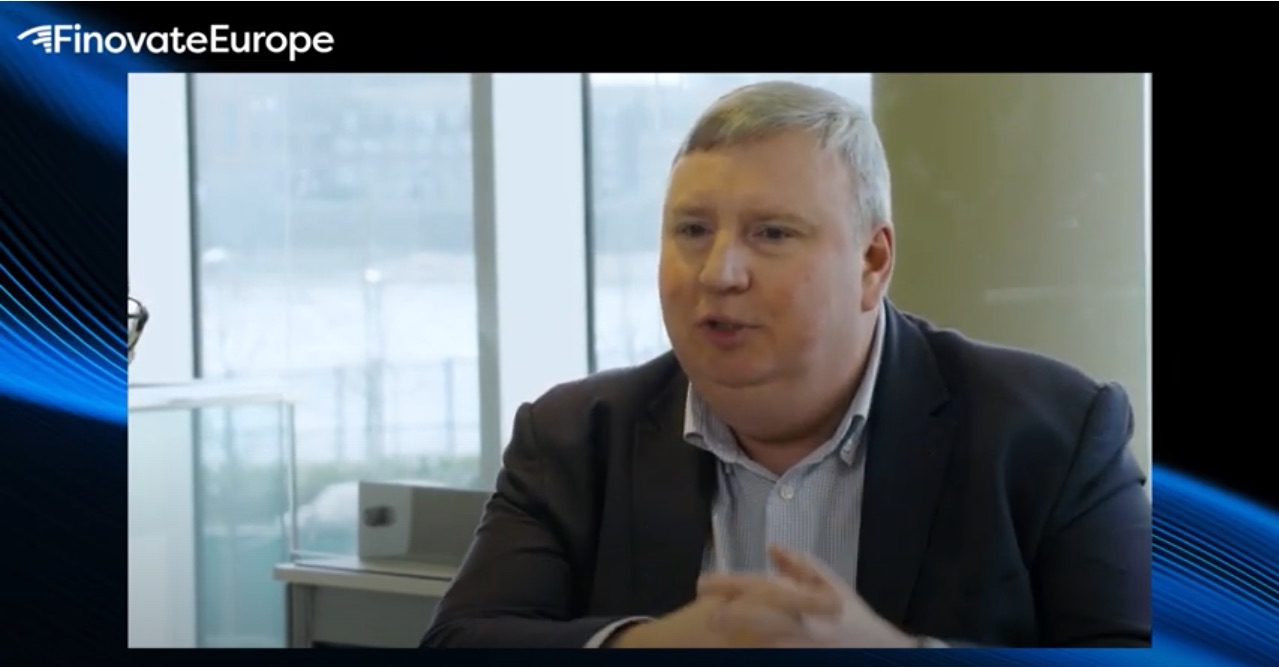
April is financial literacy month. To commemorate the occasion, we’re showcasing a handful (or two!) of Finovate alums that are leveraging technology to lead the fight for financial literacy.
Many of these companies specialize in helping kids and youth learn about savings, investment, credit, and other aspects of personal finance and money management. Others respond to the needs of financial services professionals, ensuring that they are informed and up-to-date on many of the resources and tools available to them to help serve the public. Together, they are a reminder that financial education is in many ways a lifelong pursuit, one that is both necessary and rewarding for younger and older financial services consumers alike.
Fun fact: Companies involved in financial literacy tend to be Finovate fan favorites. Of the 13 alums listed below, more than half won Best of Show awards for their Finovate demos!
- FinovateSpring 2012 – demo
- Founded in 2011 and headquartered in Atlanta, Georgia
- Teamed up with MY CU Services to bring its financial literacy program Coindexter Club to children ages five to 12 years old.
- FinovateFall 2018 – demo – Best of Show winner
- Founded in 2007 and headquartered in Provo, Utah
- Collaborated with Dundee Elementary School for its financial literacy project.
- FinovateSpring 2019 – demo
- Founded in 2008 and headquartered in Washington, D.C.
- Partnered with OneMain Financial to launch new national credit education program for high school students.
- FinovateFall 2014 – demo
- Founded in 2013 and headquartered in Minneapolis, Minnesota
- Launched a rewards-based family finance app and website that automates kids’ allowance systems.
- FinovateSpring 2013 – demo – Best of Show winner
- Founded in 2006 and headquartered in Palo Alto, California
- Offers a prepaid card and financial education for kids in a single family finance app.
- FinovateFall 2021 – demo – Best of Show winner
- Founded in 2011 and headquartered in Toronto, Ontario, Canada
- Teamed up with Pacific Western Bank to power the firm’s Digital Learn Platform to empower current and future bank clients.
- FinovateSpring 2018 – demo – Best of Show winner
- Founded in 2004 and headquartered in Austin, Texas
- Introduced its online game MoneyIsland, which helps teach children the importance of money management.
- FinovateSpring 2019 – demo – Best of Show winner
- Founded in 1999 and headquartered in Ottawa, Ontario, Canada
- Launched its game-based employee and customer engagement solution for financial institutions, Lemonade, as a standalone brand.
- FinovateFall 2021 – demo – Best of Show winner
- Founded in 2015 and headquartered in San Francisco, California
- Selected by the FDIC to participate in a “tech sprint” to explore new ways to help banks serve unbanked consumers.
- FinovateFall 2012 – demo
- Founded in 2011 and headquartered in Singapore
- Launched its Financial Emotional Resilience Kids and Youth Camp last December.
- FinovateFall 2019 – demo
- Founded in 2013 and headquartered in Ann Arbor, Michigan
- Integrated its savings platform that pays users for learning about personal finances with Jack Henry’s Banno Digital Platform this spring.
- FinovateEurope 2015 – demo
- Founded in 2004 and headquartered in Cocoa, Florida
- Partnered with eSports organization Team SoloMid to leverage online gaming to boost interest in STEM-focused learning.
- FinovateFall 2021 – demo – Best of Show winner
- Founded in 2018 and headquartered in Durham, North Carolina
- Secured its 180th financial institution partnership to promote financial literacy this spring
















